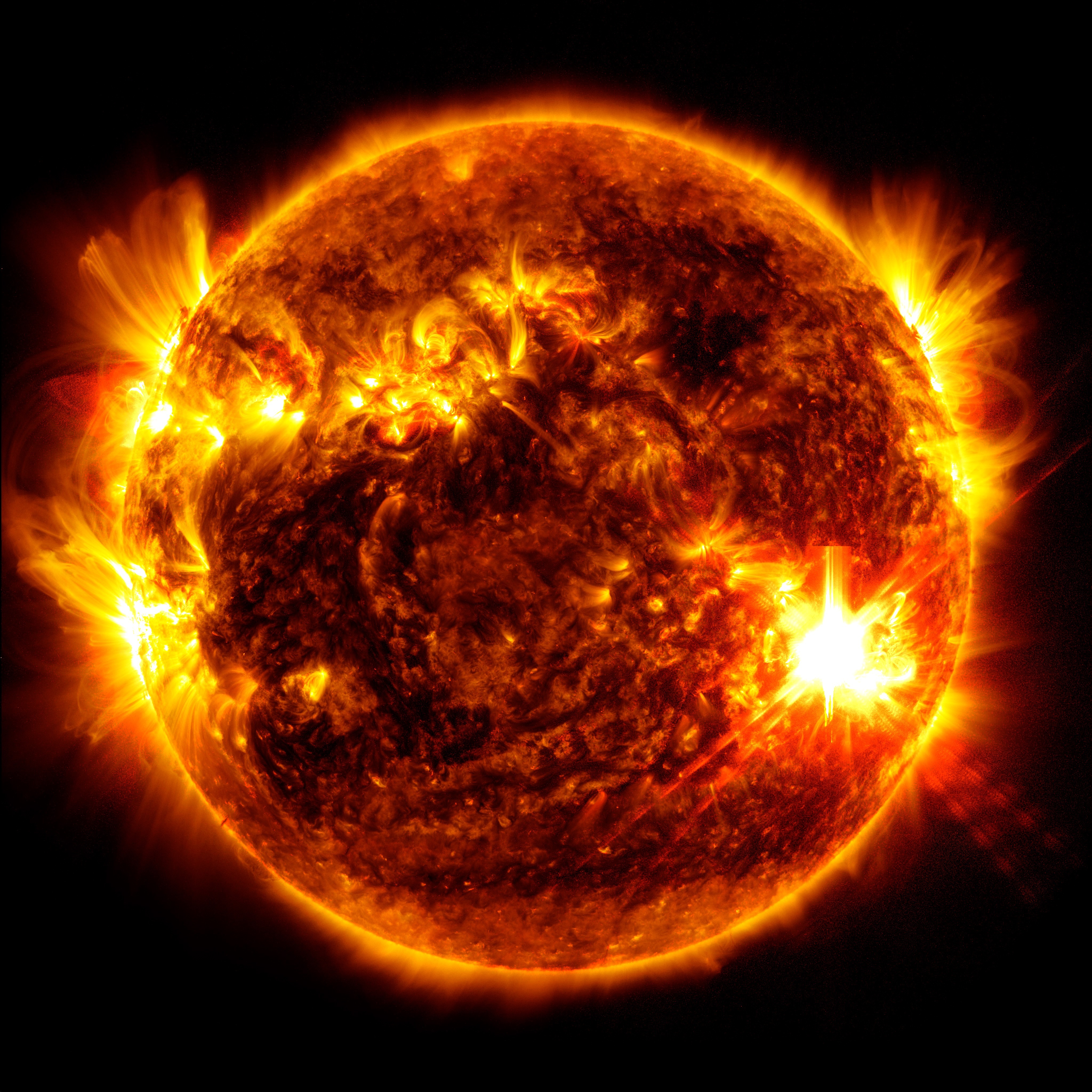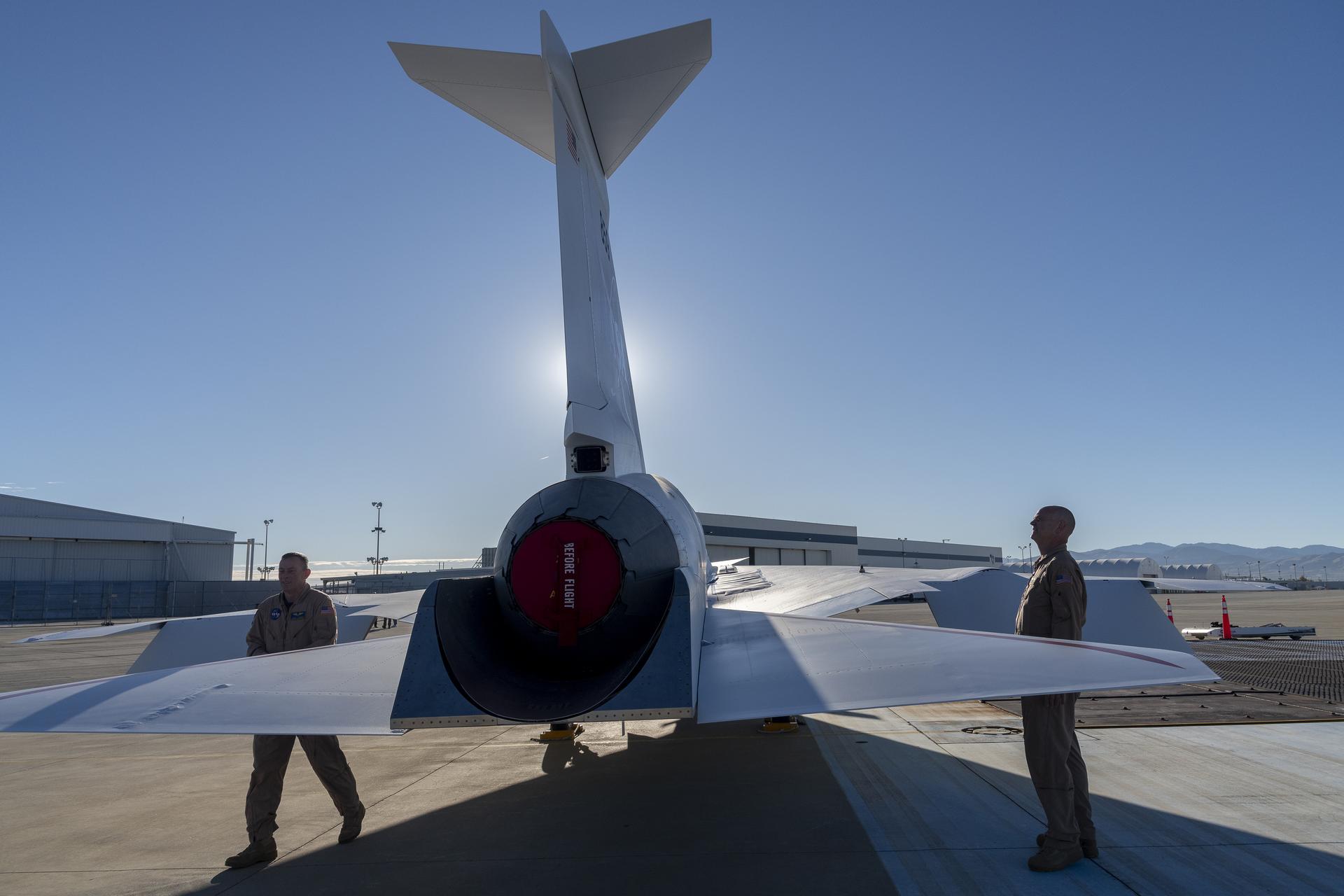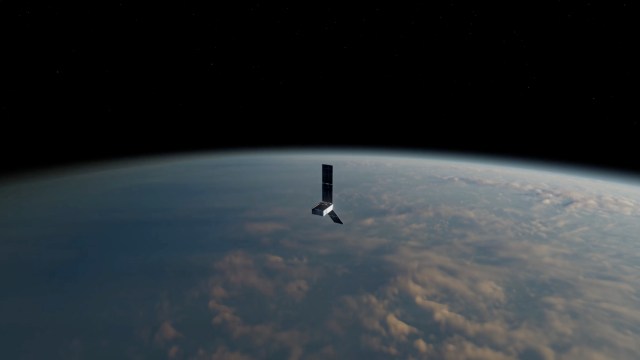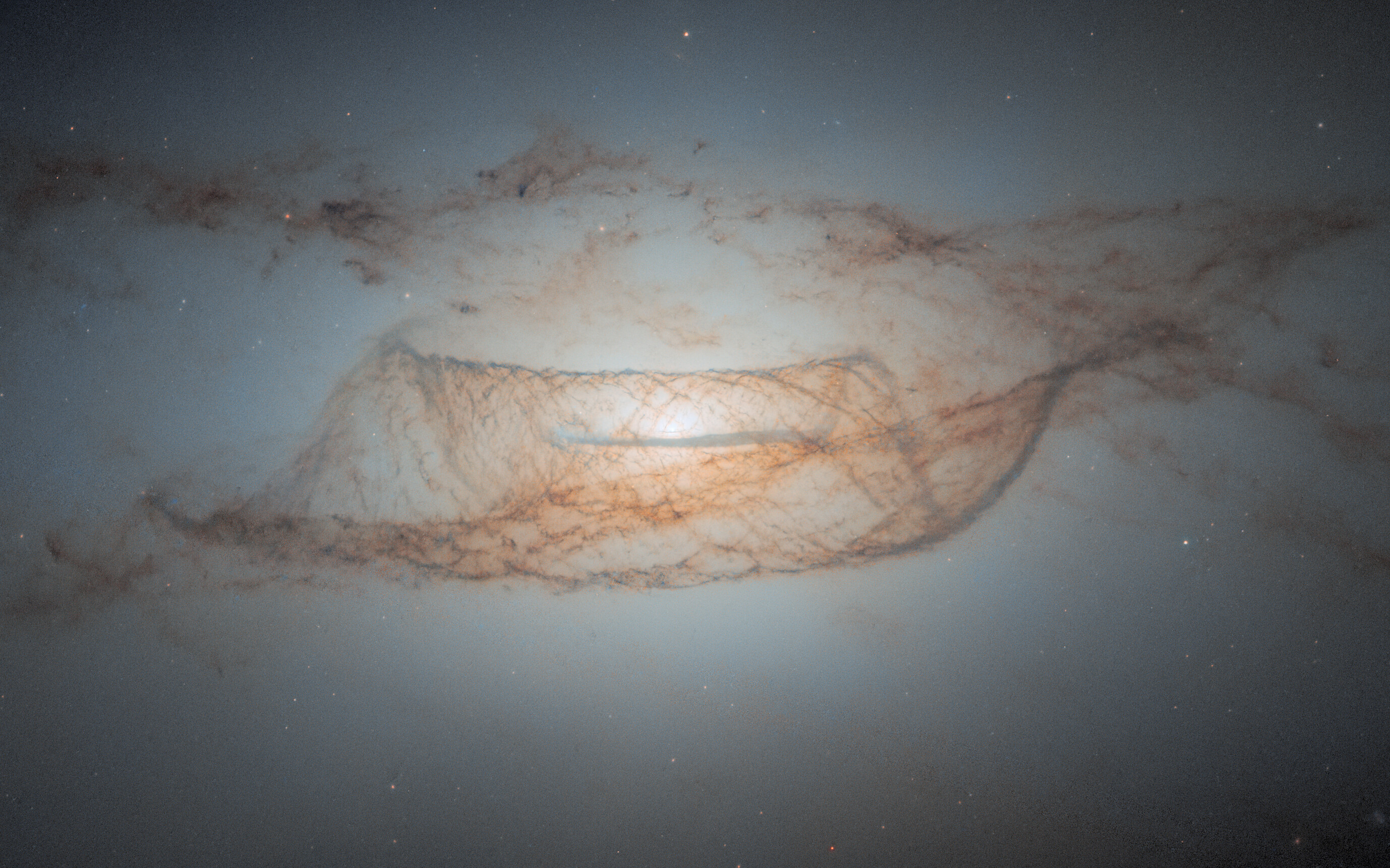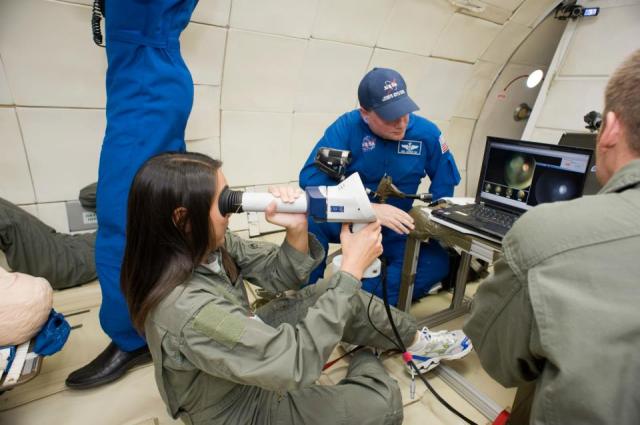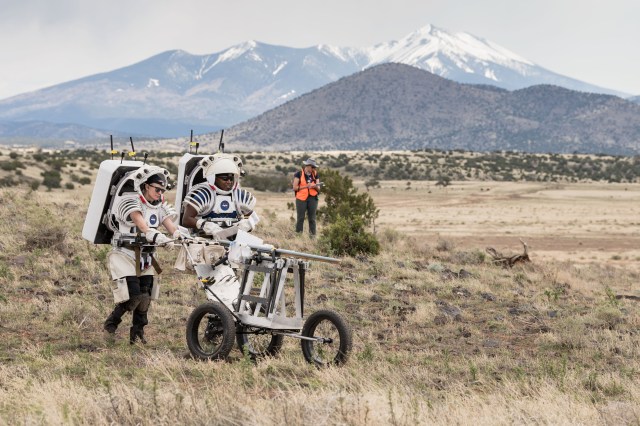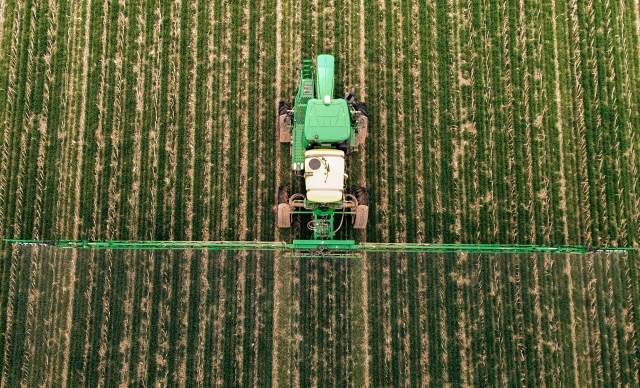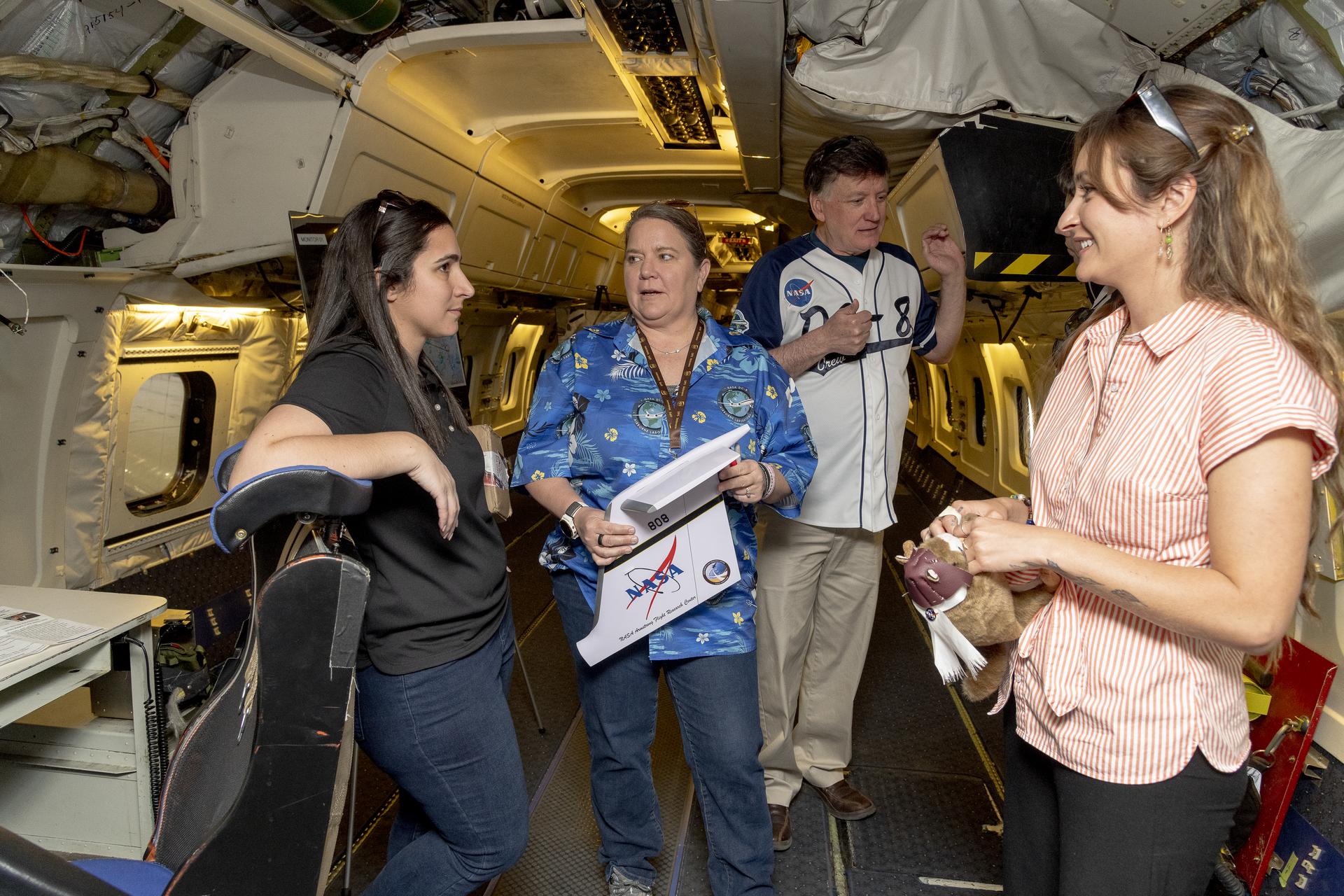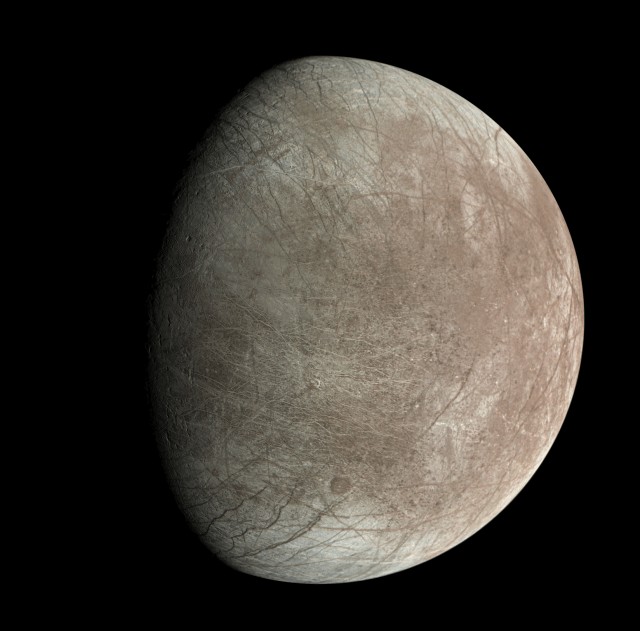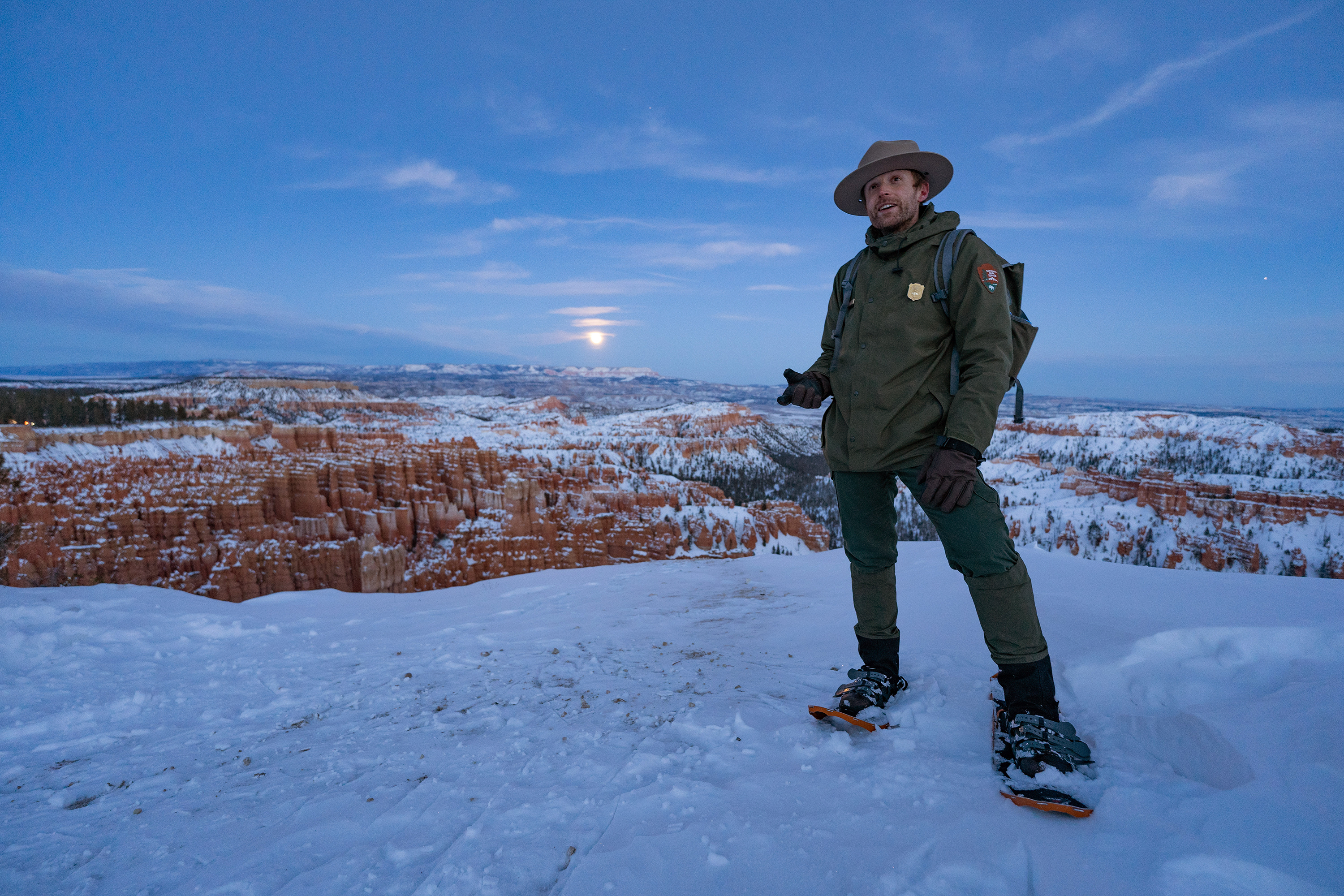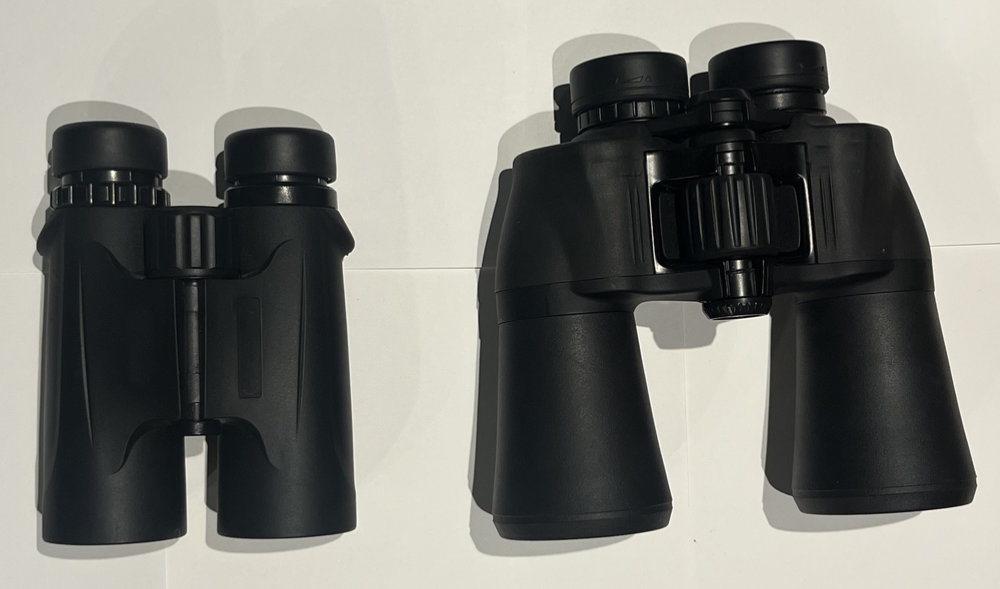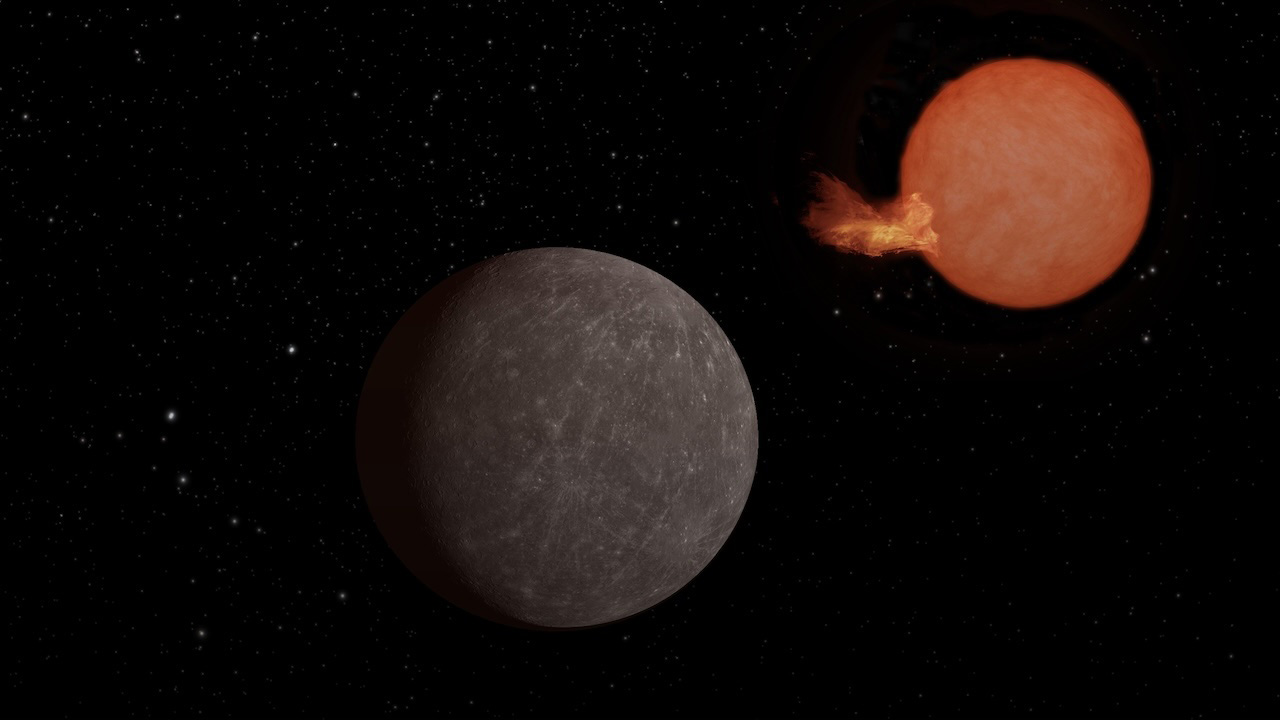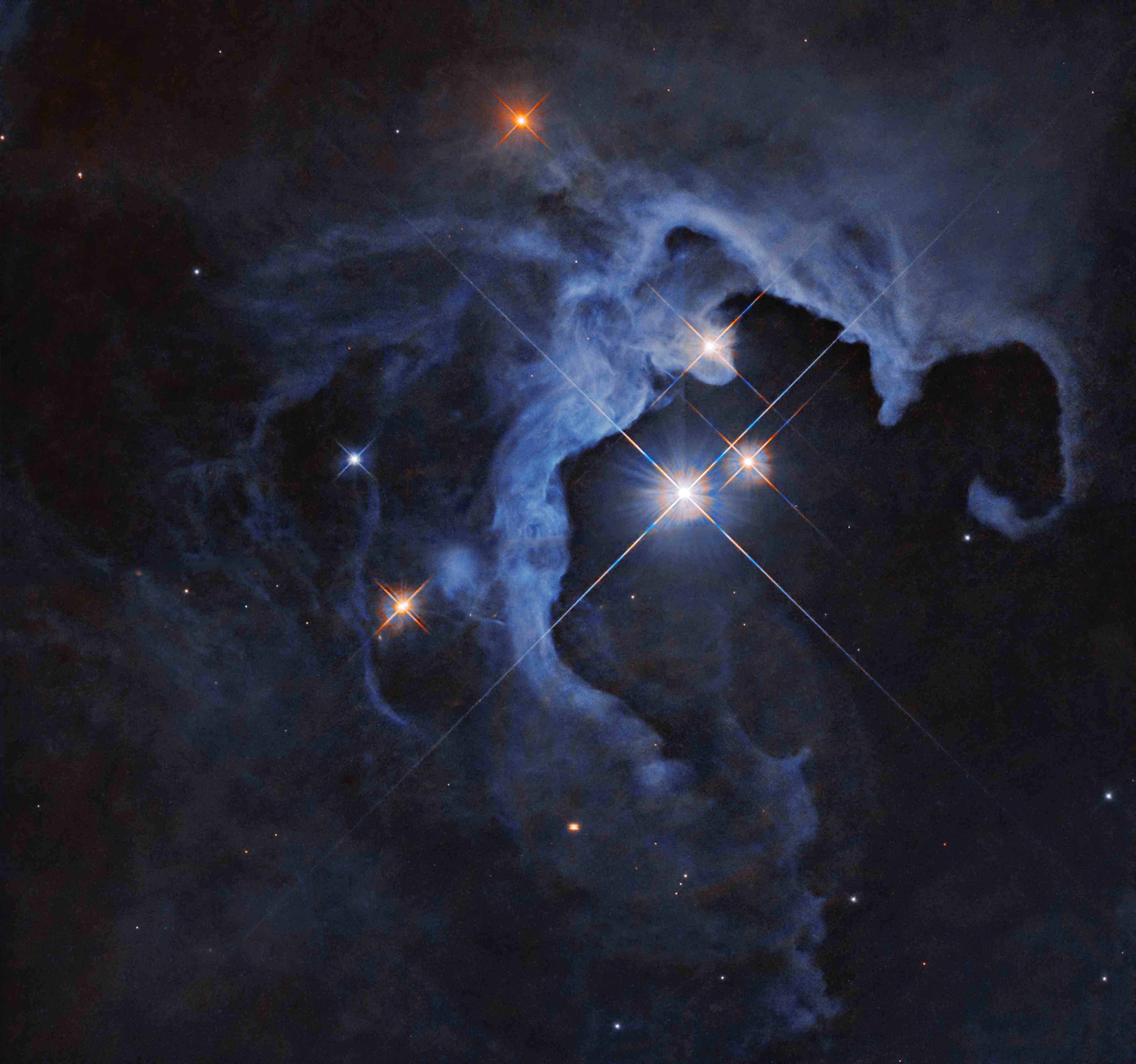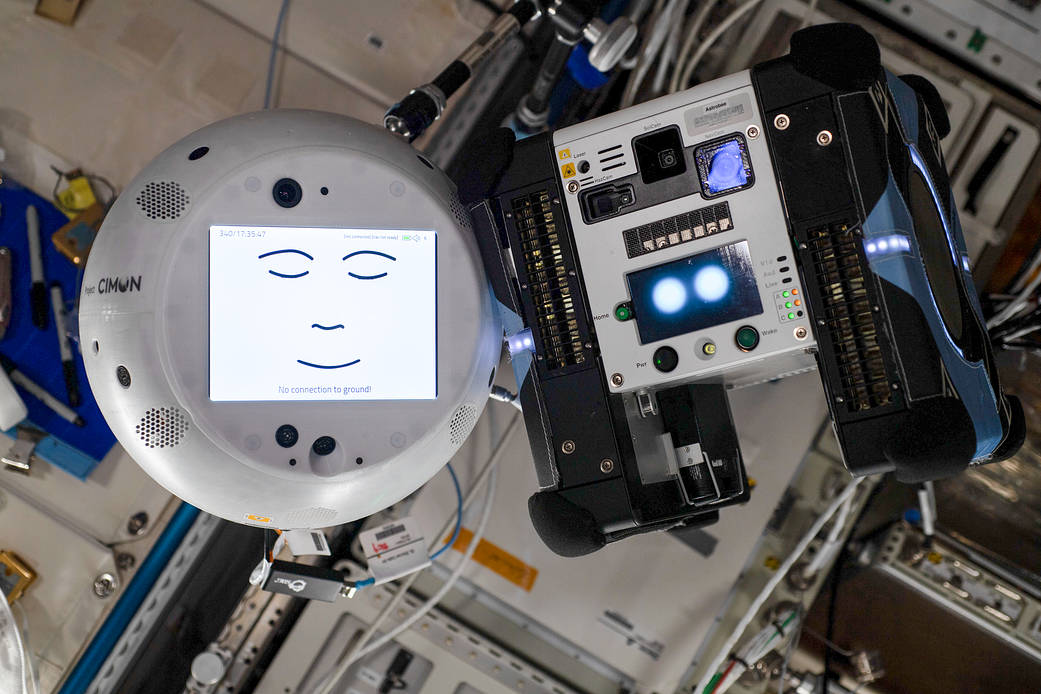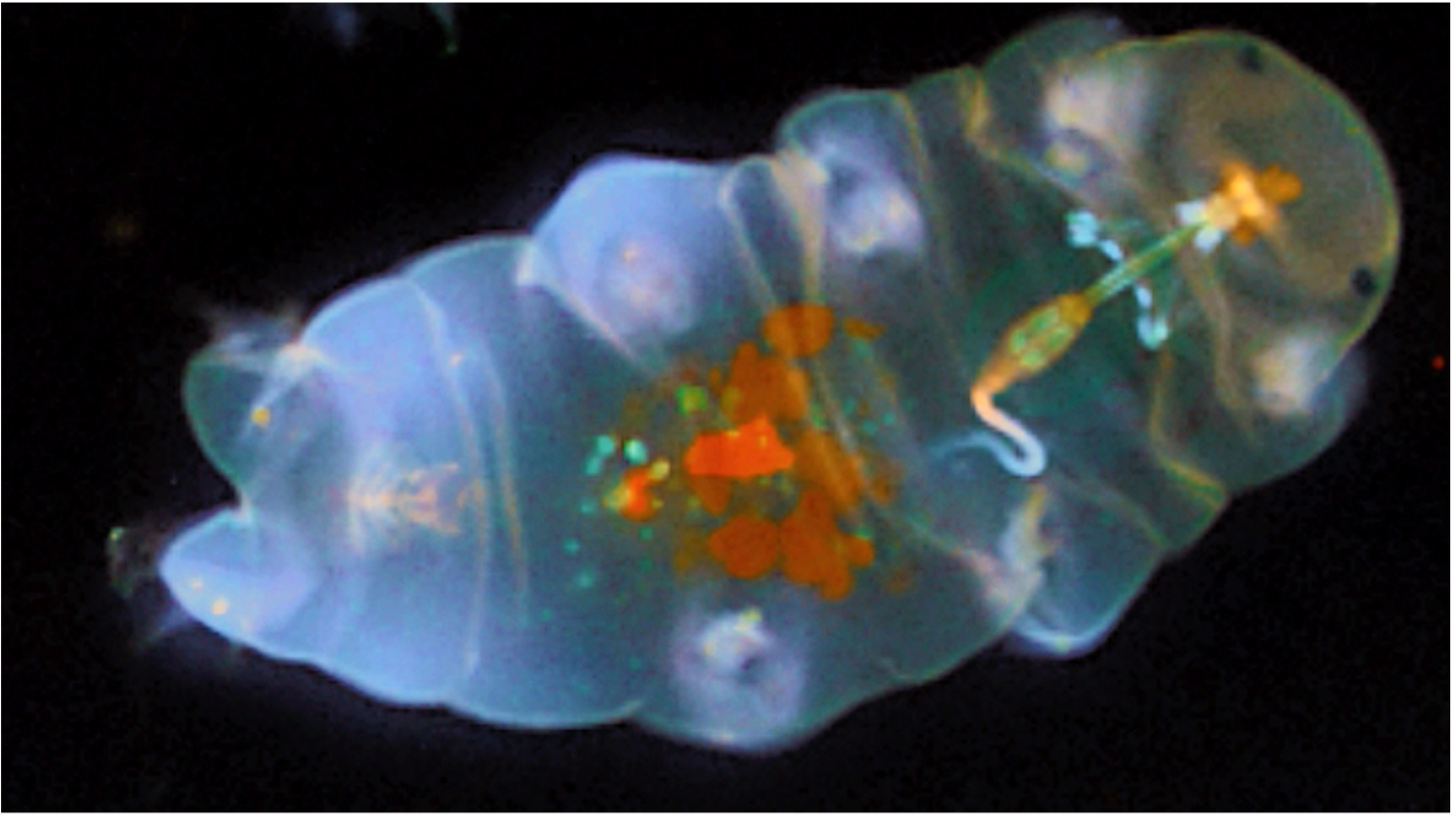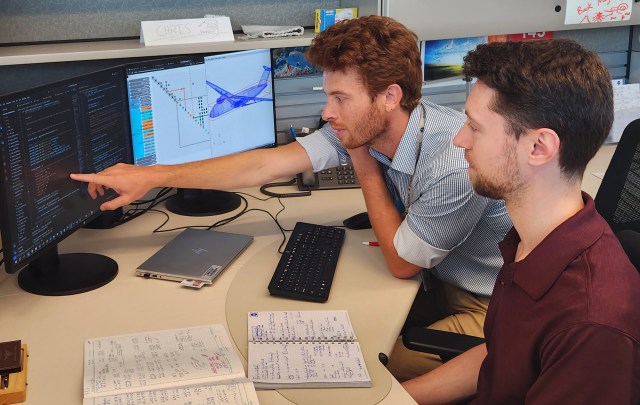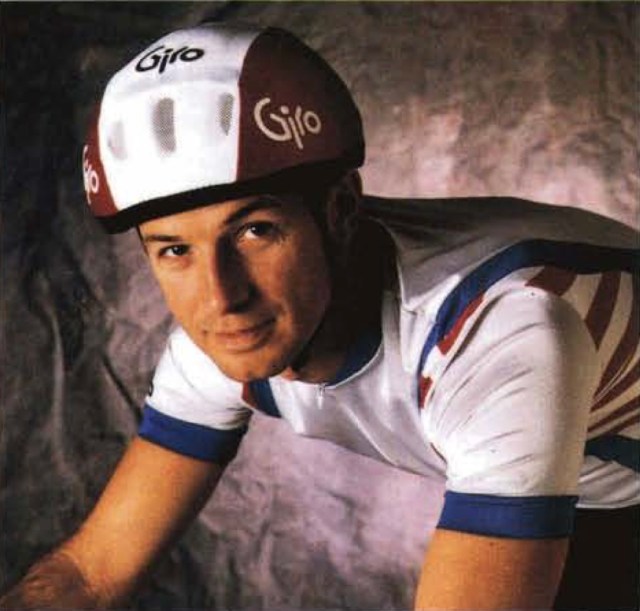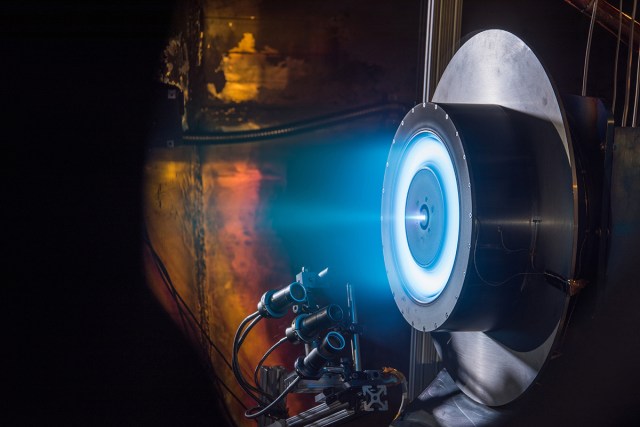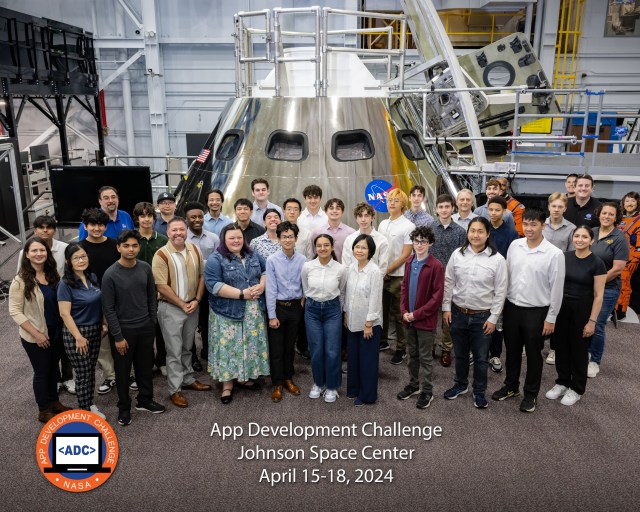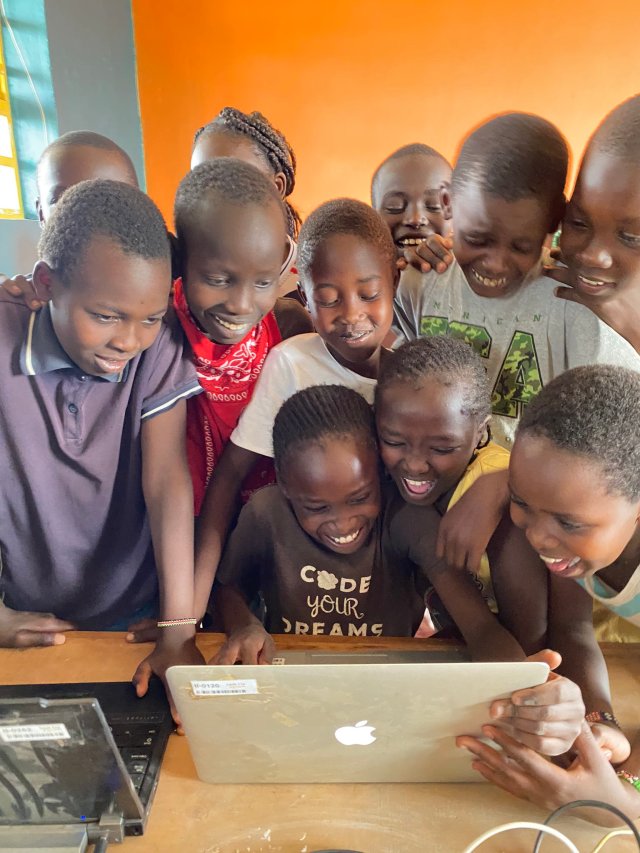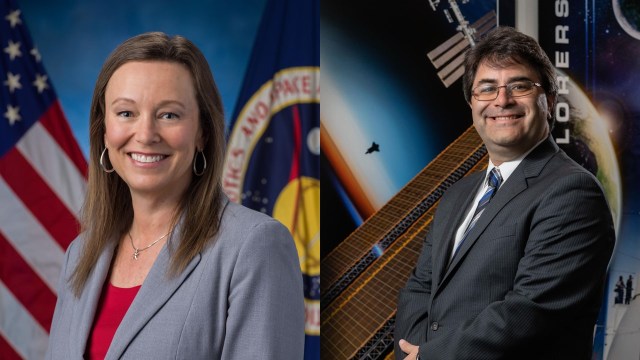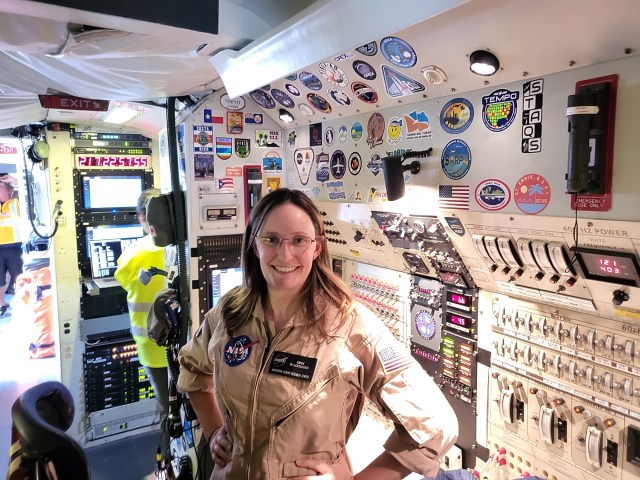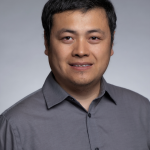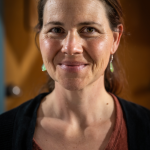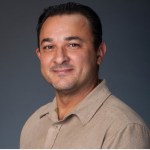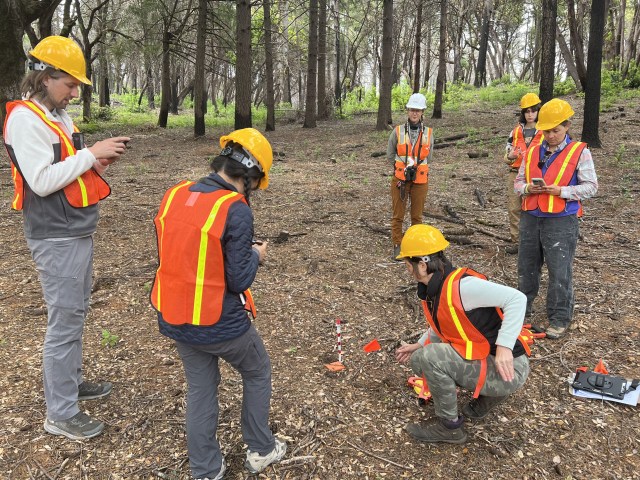
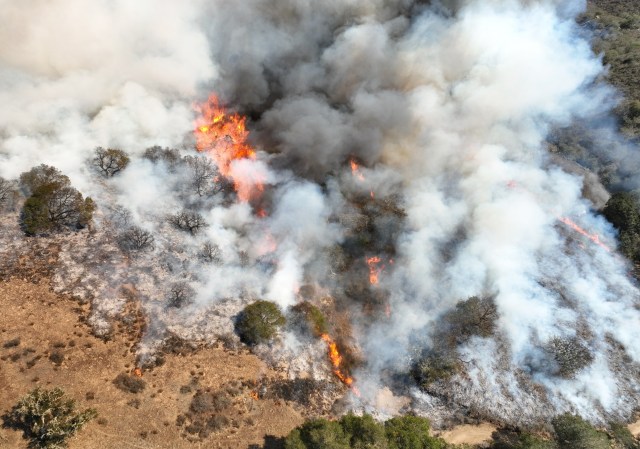
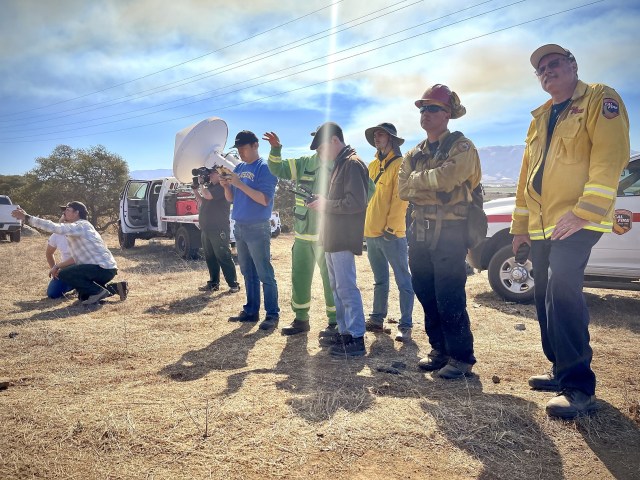
The FireSage Team
The FireSage Team is a partnership between mentors at SJSU, the Wildfire Interdiciplinary Research Center, and NASA Ames Research Center.
FireSage Approach to Mentorship
Many first-generation and students from Historically Underrepresented and Underserved Groups (HUGs) struggle with navigating the higher education system, lacking familial guidance, resources, and prior knowledge. By acknowledging and addressing these challenges, we aim to create an inclusive and supportive environment via a multi-tiered mentorship model that empowers the FireSage students to excel academically and personally working alongside SJSU early-career faculty and senior NASA research scientists.
Drawing on programmatic experiences leading summer research programs in academic and government environments aimed at engaging diverse groups in STEM, Co-I Samiah Moustafa will provide pre-summer and summer workshop training for mentors and students. Topics will include:
- Identifying and mitigating bias and microaggressions
- Field Safety
- Identifying group values
- Writing effective code of conduct
- Mentor-mentee compact agreements
- Belonging, growth mindset, wise feedback, and mentor mapping
The summer weekly check-in group will integrate existing resources and programming at NASA Ames and SJSU, and include additional training on: (1) the mentor-mentee relationship and creating an inclusive mentoring environment, setting expectations, mentor compact agreement with faculty mentors; (2) panels on careers at NASA; (3) how to effectively communicate your research projects in a talk and poster; (4) giving and receiving feedback, mentor map, growth mindset, belonging, social and psychological safety; and (5) building trust, addressing power, and navigating challenging mentoring experiences.
SJSU and WIRC Mentors
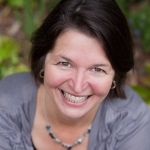
Julia Gaudinski
Julia Gaudinski is the Research Director at the Wildfire Interdisciplinary Research Center. Gaudinski is a soil scientist with research expertise in terrestrial carbon cycling, particularly in forests, and additional experience in Strategic Research Development and science communication.
NASA Mentors
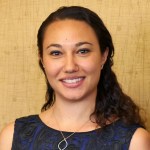
Samiah Moustafa
Samiah Moustafa is the Associate Director for Research and Educational Development at NASA Ames, with 10+ years’ experience in scientific research including Cryospheric Sciences, High latitude Change, Hydroclimatology, Geospatial Sciences, and intensive field work in extreme environments.
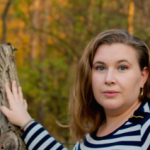
Jessica McCarty
Jessica McCarty is the Biospheric Science Branch Chief at NASA Ames, with more than 15 years’ experience in applications of Earth observations and geospatial and data science to accurately quantify wildland and human-caused fire management and emissions, agriculture and food security, climate change impacts and adaptation, and land-cover/land-use change.

